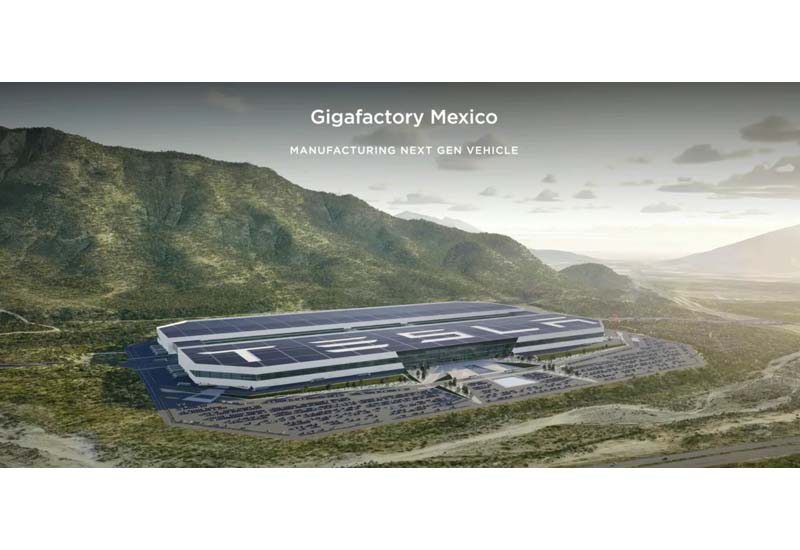Trump has announced plans for a 100% tariff on vehicles crossing the U.S.-Mexico border if he secures a return to the Oval Office. This proposal could drastically reshape the landscape of car manufacturing and sales in North America, potentially upending long-established supply chains and production strategies.
Trump’s proposed tariff would significantly affect industry giants like Ford and General Motors. Both companies have substantial manufacturing operations in Mexico, with a considerable portion of their U.S. electric vehicle sales coming from south of the border. In the second quarter of 2024, Ford reported that 47% of its EV sales in the U.S. were imports from Mexico, while GM’s figure stood at 35%.
The ripple effects of such a tariff would extend beyond EVs, impacting the production and importation of internal combustion engine vehicles as well. This move could force these automakers to reconsider their manufacturing strategies and potentially relocate production facilities to the U.S.
While Tesla currently manufactures all its U.S.-sold vehicles domestically, the company’s plans for a Gigafactory in Mexico are now shrouded in uncertainty. Tesla CEO Elon Musk addressed this issue during the company’s Q2 earnings call, stating, “We are currently paused. We need to see how things stand after the election.”
Giga Mexico project has seen minimal progress, with only preliminary infrastructure work completed. Tesla’s decision to proceed will likely hinge on the outcome of the upcoming presidential election and the potential implementation of new tariffs. Given Tesla’s existing excess capacity at current facilities and the ability to expand them further, the Giga Mexico project appears increasingly tenuous.
Trump’s tariff proposal faces significant legal and economic obstacles. The United States-Mexico-Canada Agreement (USMCA), which Trump himself signed in January 2020, prohibits tariffs on a wide range of goods. Implementing a 100% tariff on Mexican car imports would require repealing this agreement, a process that would necessitate congressional approval.
Furthermore, such a drastic measure could have far-reaching consequences for the North American automotive industry, potentially disrupting established supply chains and increasing costs for consumers.
Trump’s statement in Georgia underscores his focus on boosting domestic manufacturing: “The only way they’ll get rid of that tariff is if they want to build a plant right here in the United States, with you people operating that plant.” This approach aims to incentivize automakers to shift production to U.S. soil, potentially creating more domestic jobs but also raising questions about the economic feasibility and long-term implications of such a shift.
If implemented, Trump’s tariff proposal would force a major realignment of North American auto manufacturing. The industry will be watching closely as this story develops, bracing for what could be a bumpy ride ahead.
